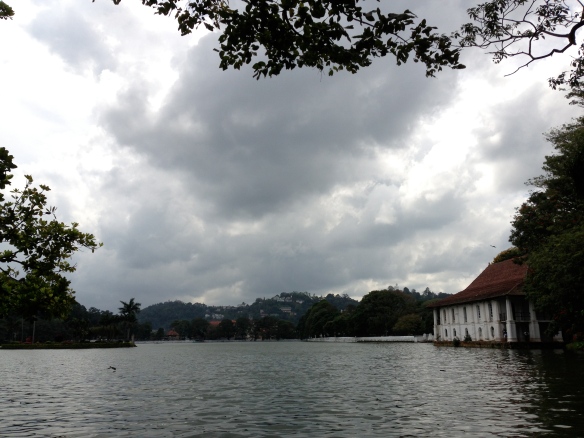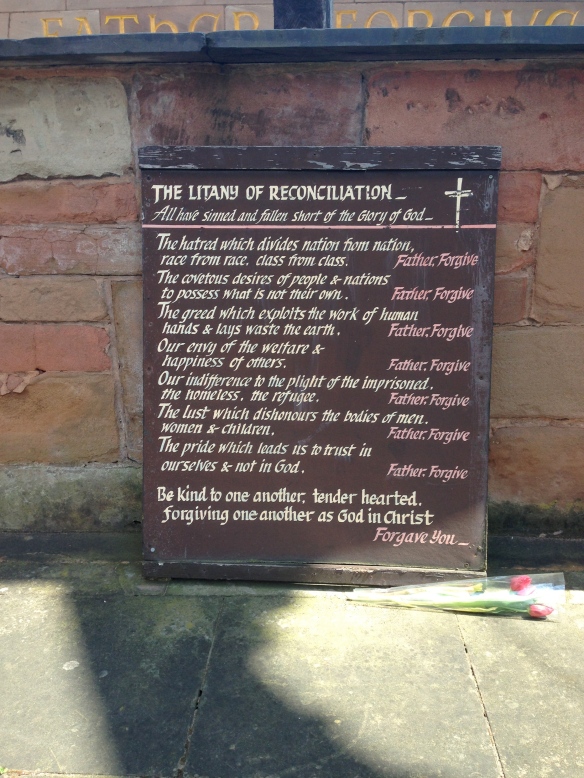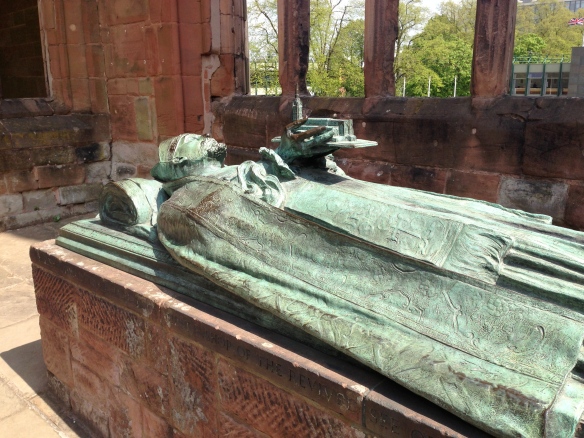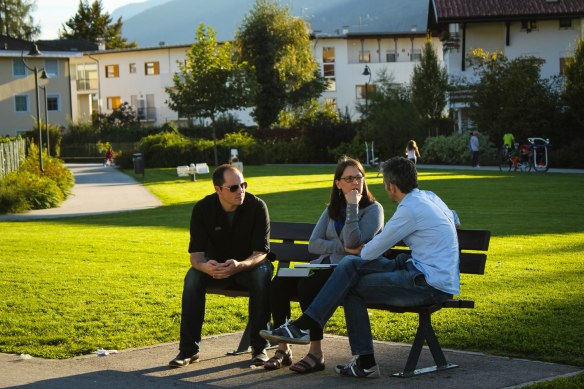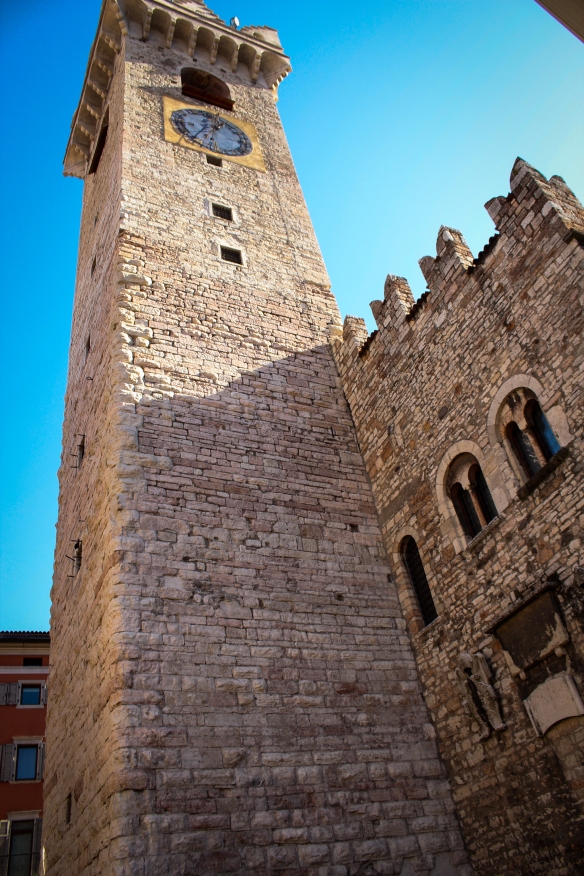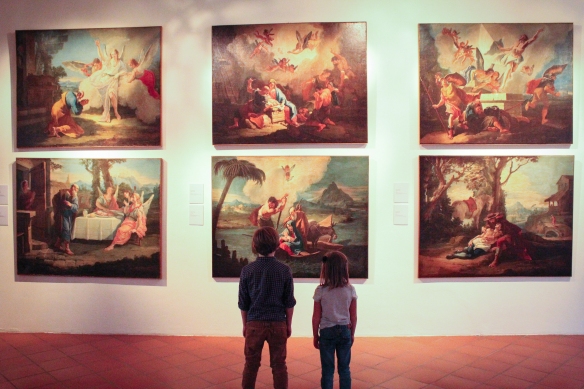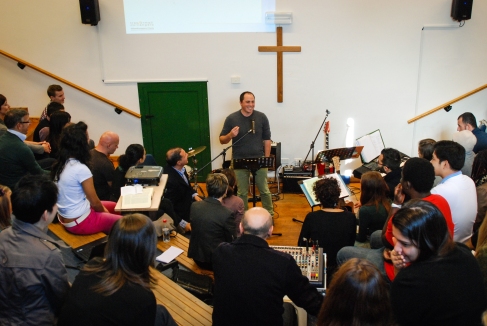After my two weeks in Sri Lanka, I plan to write a few items of advice based on my experiences as a traveller in the country. Before I do that, I’d like to provide some other thoughts that, hopefully, delve into greater depths:
1. The western church needs to stop talking about learning from the church of the Global South, and actually start doing it. I was deeply impressed when talking to students of a theological college about their experiences and thoughts of what Sri Lanka needs to move forward. Their unique perspective is as the war generation, having grown up on one side or the other of the 30 year conflict that tore the country apart. Because of this they are keenly aware of the biblical call as messengers of reconciliation, and of the tension that often blocks us between justice and reconciliation. They have thought this through at a more significant level than anyone who has not experienced conflict could ever do. I felt that some of our mistakes, such as the tragedy of the Iraq war, or the uncertain response to the Afghanistan war, by the church in many or most western nations, could have been avoided had we thought to ask what Christians in countries such as this would have to say. And now, with Syria having raised these same issues once more, I fear that their input will be marginalised and we will, with reasonably good intentions, visit old mistakes once again.
2. The input of western Christians is welcome and appreciated. In missionary circles we sometimes talk about how churches in many other places are past the point where our help is wanted. It is good that this is happening, but it’s not the whole picture. The reality is still that we are overwhelmed with resources – books, conferences, study materials, sermon podcasts – all in a language of our convenience. But in places where Christians are the minority, such as Sri Lanka, and where the primary language isn’t English (although many have some understanding of it) they are very much open to us contributing skills and training and much more. The era of foreign church planting may be slowly drawing to a close, but there is still vast opportunity and need for foreign mission, only of a different form. We still have a vital role to play, especially from the background, helping develop leaders and facilitating better structures and resources to enable local Christians to play their part in building the kingdom.
3. One vital role for the western church is as a megaphone for our brothers and sisters living in other countries. I would encourage you to do some research into the intense challenges faced by Christians in Sri Lanka and elsewhere in the region. We have no idea about how difficult it is to be a member of a minority faith in a place where nationality and religion are intensely combined. The implication of being all a part of the family of Christ is that we cannot leave them or act like it isn’t our responsibility to stand with them. We can and should speak up on their behalf, remember them in prayer, and make sure that those we can influence, such as our own governments, are doing all that is possible to ensure freedom of belief and speech.
4. Being a good neighbour should benefit those like us, and those unlike us. As in so many places, Christians are faced with well-connected majority religions intent on protecting their own status, Christians are at a steep disadvantage. This has caused me to consider what it is like to be a follower of a minority religion in Canada, the States, or the UK. We don’t need to compromise in our conviction that everyone needs to know Jesus and all he’s done, yet we also should never be okay with those who believe differently feeling belittled or attacked. My experiences have caused me to consider what it is like to a minority where I live, and how Jesus might have me respond.


